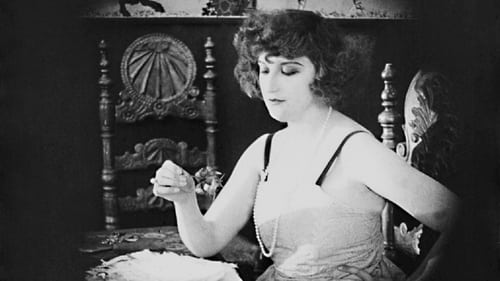
A woman enters a nightclub and slowly begins to open herself up.

Comtesse Sâti
A doctor researched the duplication of personality , and found in the person of René de Varennes, who had attempted suicide, a subject of study.

Lola de Sandoval
"Taking its title from John Keats’s early 19th-century poem, this highly personal melodrama finds Dulac interrogating the archetype of the femme fatale. La belle dame sans merci follows a famous actress who was once seduced and abandoned by a rich man and subsequently resolved to become a “merciless woman,” forever scheming to hurt others (men in particular) in a ruthless yet captivating manner. Dulac challenges the Romantic archetype embodied in Keats’s poem by way of symbolist mise en scène, self-reflexive narration, and her typically associative approach to editing, locating a modern ambiguity within the stereotypical figures of 19th-century art." - Film Society of Lincoln Center


Marie Pasque, known as Simplette, lives in an uneventful life in her Provence village. Her godmother, Madame Rouvière, is fond of her and desires only that she marries her nephew, Robert. When she dies, Rouvière leaves her fortune to Robert on the condition that he takes Marie as his wife. Unfortunately, Robert is already in love with an actress. To save his company from financial ruin, Robert is forced to marry Marie, but as soon as he has received the first half of the inheritance he returns to his former mistress. Marie is still in love with Robert, and she uses the other half of Madame Rouvière's inheritance to help her husband's company survive another financial crisis. When he hears of this, Robert decides to return to Marie but he arrives too late.


